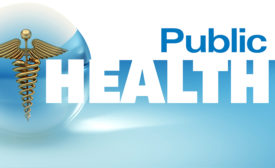News
From preventive healthcare to ergonomics, green jobs to mental health
A+A 2015 to cover "full spectrum" of EHS issues
July 1, 2015
Never miss the latest news and trends driving the safety industry
eNewsletter | Website | eMagazine
JOIN TODAYCopyright ©2024. All Rights Reserved BNP Media.
Design, CMS, Hosting & Web Development :: ePublishing







